Are you a Matcha seller? Join as a Vendor

Horii Shichimeien stands as the guardian of Uji’s most precious tea heritage, protecting Oku no Yama, the sole surviving garden from the seven legendary Uji tea plantations designated by the Ashikaga shogunate during the Muromachi period. Since 1879, this family-run estate has cultivated matcha in soil that has nurtured tea plants for over 600 years, bridging centuries of tradition with modern mastery.
Few tea producers can claim such an unbroken lineage. The Oku no Yama garden represents not just historical significance but a living laboratory where Horii Shichimeien continues methods refined across six centuries. This isn’t preservation for its own sake—the terroir of this ancient site produces ceremonial-grade matcha with a complexity that younger gardens simply cannot replicate.
The company handles every stage from cultivation to final processing, maintaining complete quality control. As growers, artisans, and connoisseurs, they understand how Uji’s unique climate and terrain shape each harvest.
In 1924, Horii Shichimeien revolutionized matcha production by inventing the Horii-style tencha dryer, mechanizing what had been an entirely manual process. This innovation became the foundation for every tencha dryer used in Japan today, proving that respecting tradition doesn’t mean rejecting progress.
Their approach balances ancestral wisdom with technical precision. Each tea reflects the authentic Uji flavor profile: a clear, pale yellow brew with rich umami and refreshing astringency that distinguishes genuine Uji matcha from generic alternatives.
While Oku no Yama forms their foundation, Horii Shichimeien also selects and processes teas from trusted local farmers, applying their expertise to a broader range of Uji specialties. Their collection spans the full spectrum of Japanese green tea:
For matcha enthusiasts seeking authenticity, Horii Shichimeien offers direct access to a producer whose name is inseparable from Uji tea history itself. This is matcha with provenance that matters.
Horii Shichimeien produces ceremonial-grade matcha with diverse flavor profiles, meticulously managing every stage from cultivation to stone milling. Their flagship variety is Narino, grown exclusively in the historic Oku no Yama tea garden and containing nearly twice the theanine content of conventional matcha at approximately 40mg/g. This single cultivar delivers a rich, mellow, creamy, and full-bodied flavor with smooth texture and minimal astringency.
Their core matcha lineup includes Shichimei no Mukashi, offering mild yet strong-flavored balance with medium umami and sweetness, suitable for both usucha and koicha preparation. Okunoyama provides deep umami with refined sweetness and smooth finish, crafted specifically for ceremonial use. Homare no Mukashi delivers mellow, fragrant character full of umami, while Uji Mukashi offers a lighter-bodied option with subtle umami for everyday consumption.
The Narino Premium represents their most refined product, with careful separation from tea picking through tailoring and sorting. Customer reviews describe Narino as “absolutely delectable” with “smooth, creamy, full-bodied umami flavor with negligible bitterness,” though some note unique flavor notes including seaweed, grassy, and squash seed characteristics.
All varieties are stone-ground and crafted from first harvest tea leaves, maintaining the ceremonial grade standards that have earned Horii Shichimeien recognition alongside Ippodo and Marukyu Koyamaen as top matcha producers. Recent global demand has created supply challenges, with some varieties like Todou Mukashi becoming harder to find due to limited stone mill production capacity.
Horii Shichimeien stands as a living testament to Uji’s tea heritage, with roots extending far beyond its official founding in 1879. The company’s extraordinary legacy traces back to the Muromachi period (1336-1573), when the Ashikaga Shogunate, particularly the third shogun Ashikaga Yoshimitsu, recognized seven exceptional tea gardens in Uji, bestowing upon them the honor of Uji Shichimeien (Uji’s Seven Famous Gardens).
What makes Horii Shichimeien truly remarkable is their stewardship of the Oku no Yama Tea Garden – the sole surviving garden from those original seven. Radiocarbon dating reveals tea cultivation here extends back centuries, with soil enriched by rice straw since as early as the 1400s. Located near the historic Uji Byodoin Temple, this garden connects directly to Uji’s cultural and spiritual heart.
The Meiji era (1868-1912) brought transformative change through Chojiro Horii, the visionary third-generation owner. His revolutionary Horii-style Tencha Dryer, unveiled in 1924, transformed tencha production from a weather-dependent, labor-intensive process to a standardized, consistent operation. This innovation didn’t remain proprietary – Chojiro generously shared the technology with other tea producers, influencing the entire industry.
Today, Chotaro Horii, the sixth-generation owner, continues this legacy of innovation while preserving traditional methods. The company’s Narino cultivar, grown exclusively in the Oku no Yama garden, contains nearly twice the theanine content of conventional varieties, achieved through meticulous Shigoki Picking – a highly selective hand-picking method that carefully chooses only the youngest, most tender leaves.
During the Muromachi period, Ashikaga Yoshimitsu, the third shogun of the Ashikaga Shogunate, officially recognized seven exceptional tea gardens in Uji, bestowing upon them the prestigious title of ‘Uji Shichimeien’ (Uji’s Seven Famous Gardens). This recognition established the foundation for what would become Horii Shichimeien’s legacy.
Horii Shichimeien was officially established as a tea company in 1879, formalizing centuries of tea cultivation heritage. The company became the guardian of the Oku no Yama Tea Garden, the only surviving garden from the original seven Uji Shichimeien gardens recognized during the Muromachi period.
Third-generation owner Chojiro Horii developed the groundbreaking Horii-style Tencha Dryer, revolutionizing tencha production by standardizing the drying process and eliminating dependence on weather conditions. This innovation became the foundation for all modern tencha processing machines used in Japan today, and Chojiro generously shared the technology with other tea producers.
Under the leadership of sixth-generation owner Chotaro Horii, the company continues to blend traditional tea-making methods with modern innovations. The company maintains exclusive cultivation of the Narino variety in the historic Oku no Yama Tea Garden, producing matcha with nearly twice the theanine content of conventional varieties through meticulous hand-picking techniques.
Find below some answers to the most common questions about Horii Shichimeien.
Narino contains nearly twice the theanine (umami component) of conventional matcha varieties at approximately 40mg/g, compared to standard levels around 20mg/g. This high theanine content creates Narino’s distinctive rich, creamy, full-bodied flavor with negligible bitterness or astringency.
Grown exclusively in Horii Shichimeien’s historic Oku no Yama Tea Garden, Narino often undergoes Shigoki picking – a highly selective hand-picking method that chooses only the youngest, most tender leaves. This labor-intensive approach maximizes the concentrated umami flavor that sets Narino apart from their other offerings like Shichimei no Mukashi or Uji Mukashi.
Oku no Yama Tea Garden is the only surviving garden from the original seven tea gardens recognized as Uji Shichimeien by Shogun Ashikaga Yoshimitsu during the Muromachi period (1336-1573). Radiocarbon dating reveals tea cultivation here extends back centuries, with soil enriched by rice straw since the 1400s.
Located near the Uji Byodoin Temple, this garden represents the sole remaining connection to the Shogun’s original endorsement of Uji’s highest quality tea. All other six original gardens have been lost to time, making Horii Shichimeien the exclusive guardian of this 600-year tea heritage.
In 1924, third-generation owner Chojiro Horii invented the Horii-style Tencha Dryer, transforming tencha production from a weather-dependent, labor-intensive manual process to an automated, standardized system. Before this innovation, tencha quality varied significantly due to inconsistent drying conditions.
This machine laid the groundwork for modern tencha production and established the quality standards still used today.
For daily drinking, choose Uji Mukashi – it’s light-bodied with subtle umami, perfect for everyday enjoyment without overwhelming intensity.
For ceremonial use, select Okunoyama with its deep umami, refined sweetness, and smooth finish, or Narino for its exceptional 40mg/g theanine content and full-bodied flavor. Both Shichimei no Mukashi and Homare no Mukashi work well for both usucha (thin tea) and koicha (thick tea) preparations, offering balanced profiles suitable for traditional tea ceremony.
Yes, Horii Shichimeien is currently completely sold out of many varieties due to skyrocketing global matcha demand. The shortage affects even renowned varieties like Todou Mukashi, which has become particularly difficult to find.
This shortage stems from two main factors: the limited production capacity of traditional stone mills and increased demand for hand-picked tencha. The global matcha market is expected to surge from $2.8 billion in 2023 to about $5 billion by 2028, creating unprecedented pressure on premium producers like Horii Shichimeien who maintain traditional quality standards.
There are no results matching your search
Click below to see the profile of a matcha brands similar to Horii Shichimeien.
No results available
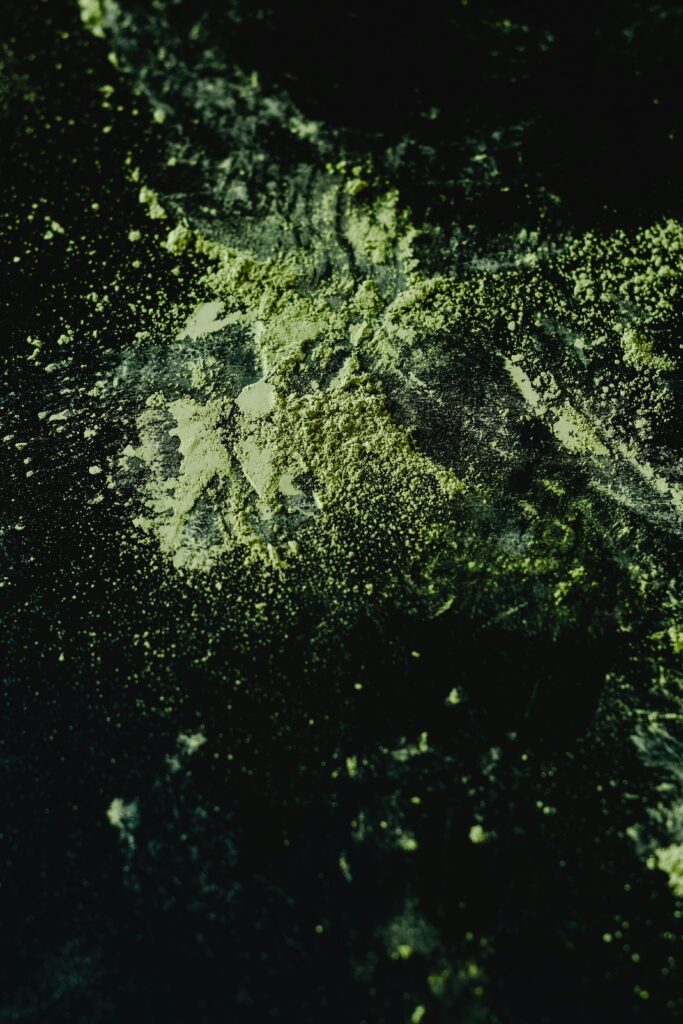
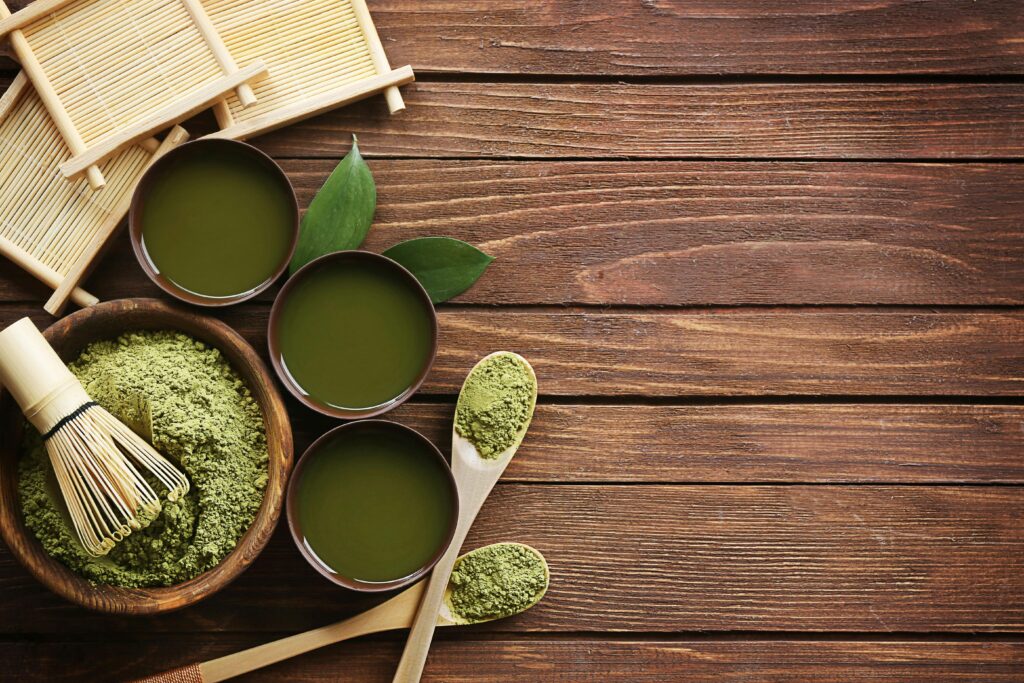
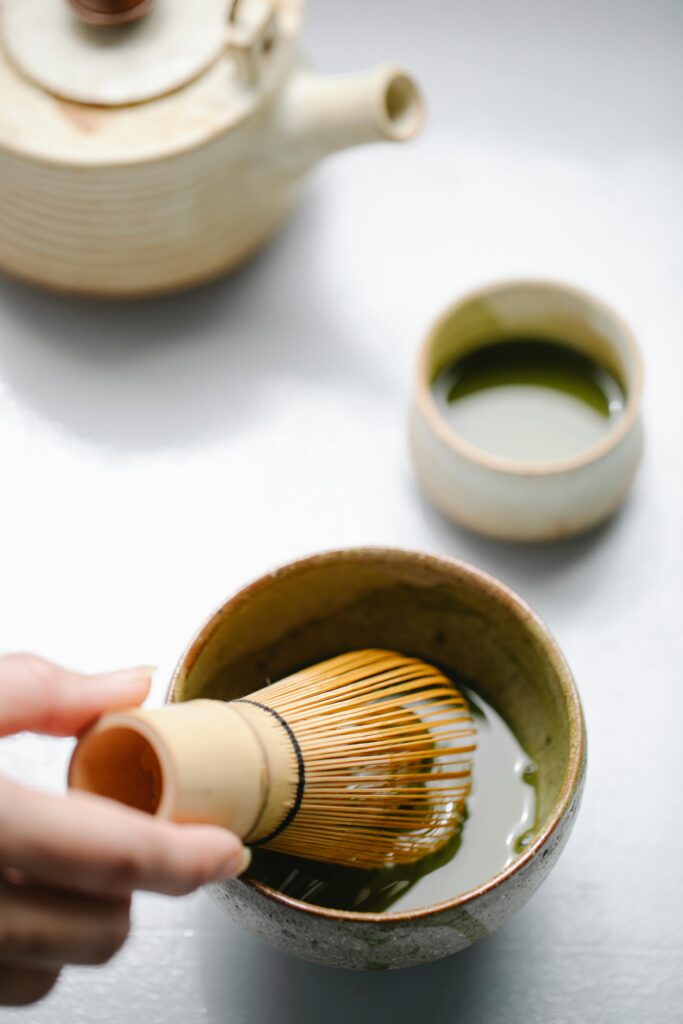
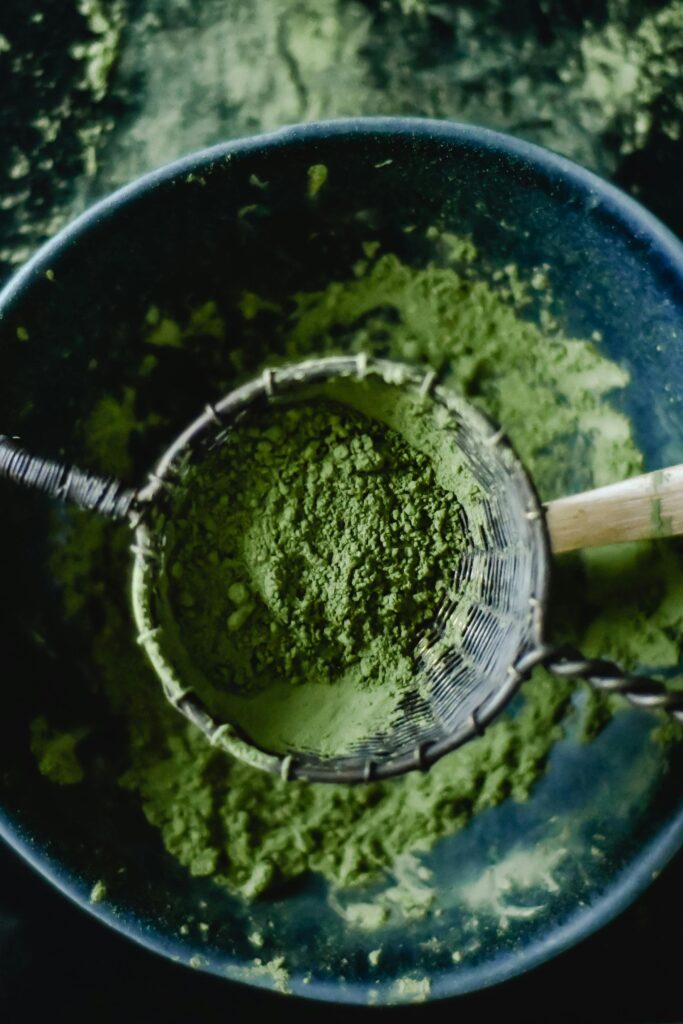
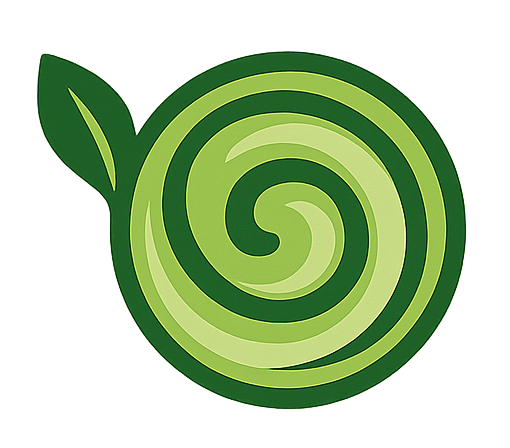
Join our mailing list to receive updates and exclusive tips.
There are no results matching your search